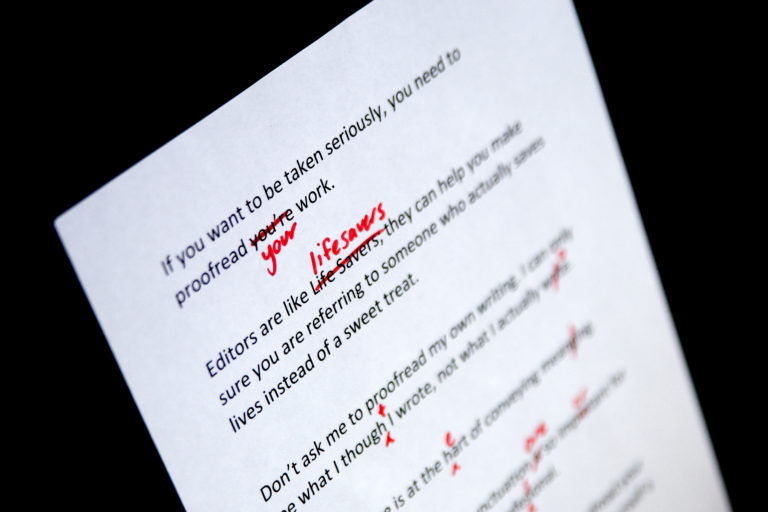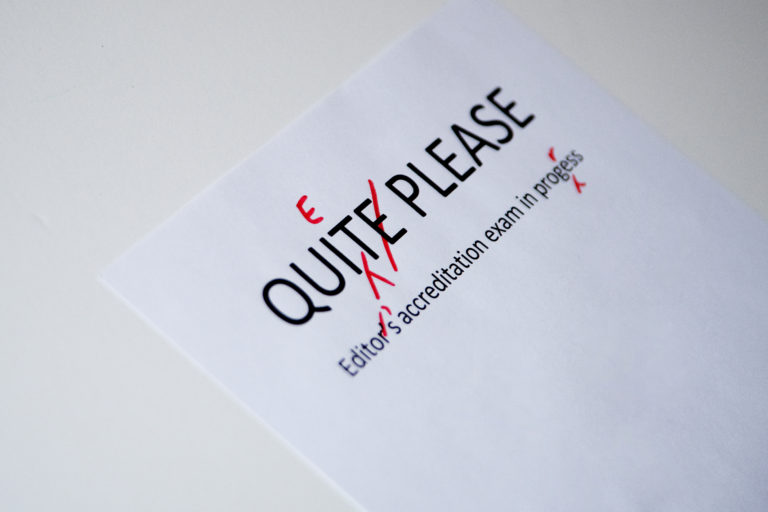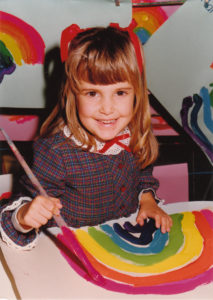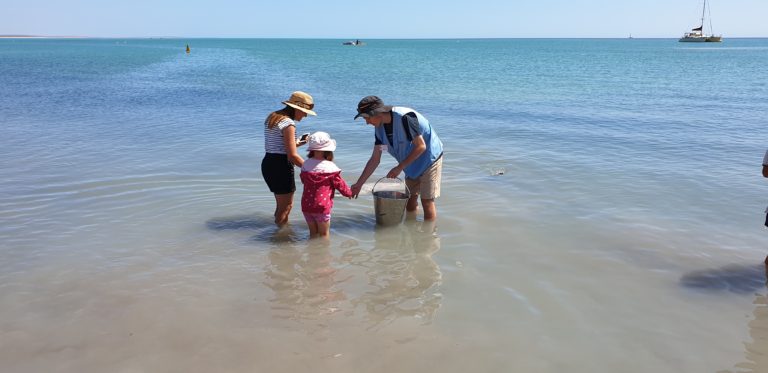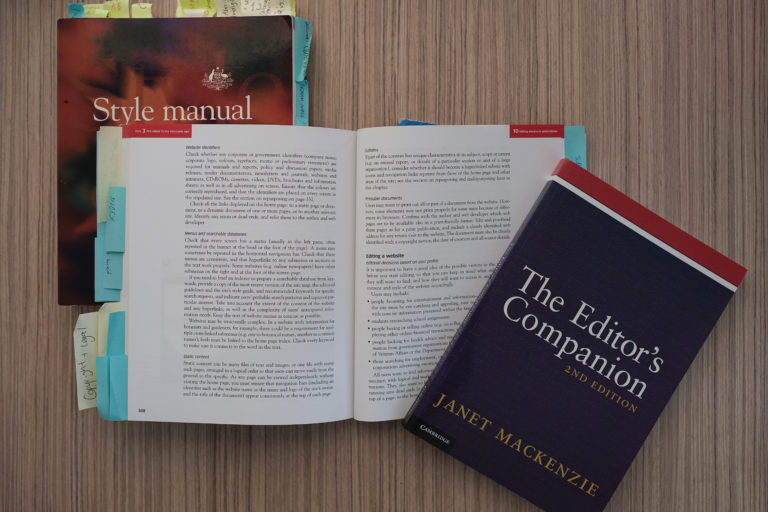I’m an advocate for plain language. In fact, I’d go so far as to say I love it. I love the simplicity and clarity of it. Why use 50 words to say something that could have been said in 10, right?
Plain language is at the heart of everything I do as an editor. I take great satisfaction in helping my clients make their message clear, so they can connect with their readers and communicate their story to the world. I genuinely get excited when someone sends me a 5-page brochure and says ‘please cut this down to 2 pages’ (okay, call me weird, but it’s ‘my thing’, and everyone has their ‘thing’, right?).
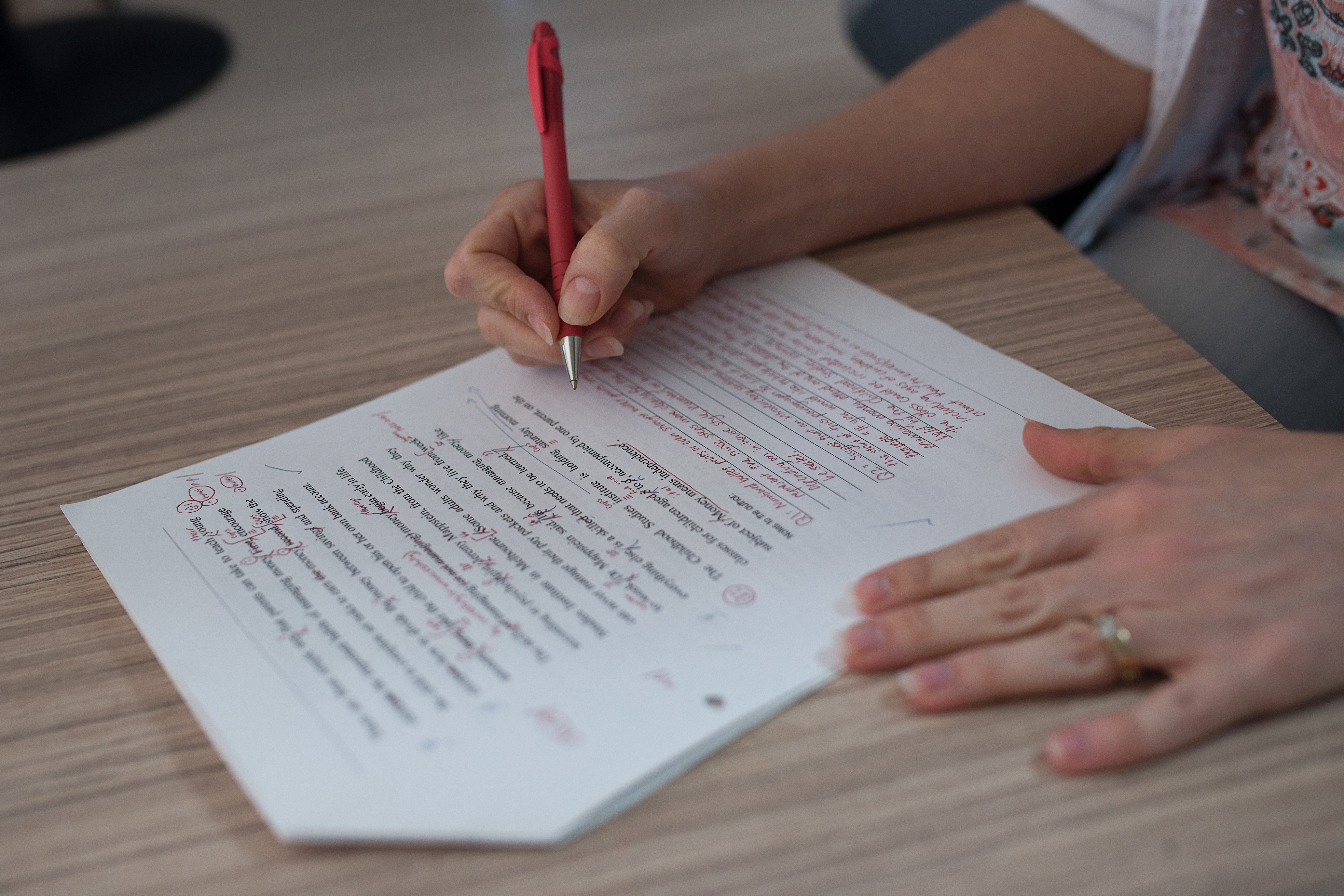
Part of my role as an editor is not only to make my clients’ messages clear, but also to assist them in making changes to their writing. I often do this by marking up their document with little comment bubbles, saying things like ‘Maybe you could consider shortening this into two sentences, because it’s a bit lengthy’ and ‘I like where you’re going with this, and I see that it’s a crucial part of the argument, but please consider changing it into a series of dot points for clarity and to reduce the word count?’.
So, as I was making such comment balloons on a 60 000-word report today, it hit me: why aren’t I using plain language in my editorial comments? I am constantly encouraging my clients to use plain language, so surely I should be doing the same thing. Well, I tried it.
Here’s what happened:
This: ‘Maybe you could consider shortening this into two sentences, because it’s a bit lengthy.’
Turned into: ‘This sentence is too long. You need to shorten it’.
And this: ‘I like where you’re going with this, and I see that it’s a crucial part of the argument, but please consider changing it into a series of dot points for clarity and to reduce the word count?’
Turned into: ‘There are too many words here. Put this into bullet points instead’.
Wow! Rude much? Exactly what I thought, too! I wonder how my poor client would feel after reading a barrage of such comments scattered throughout their blood-sweat-and-tears-soaked document? Probably quite depressed, and probably thinking that they would never want to hire me again!
On the other hand, plain language is super important when you’re trying to, for example, explain a complex subject to someone who doesn’t have three degrees and twenty years of experience. Which would you prefer to read (I’m assuming you don’t have three degrees in marine hydrogeology, here):
‘The factors influencing longshore drift in the submarine shallow waters of a sheltered embayment’
Or
‘What affects the movement of sand along bay beaches?’
(Pick the second one, please pick the second one!)
So, I still think that plain language is the best thing since sliced bread. I will continue to encourage my clients to adopt the plain language principles in their work. However, I believe it has its place, and an editorial comment is NOT one of them. And neither is that text message you are trying to write to your partner about leaving their socks on the floor/not putting the milk away/forgetting to pay the phone bill AGAIN.
At the end of the day, I think the most important thing in writing and editing is to consider your reader. Put yourself in his/her shoes.
Need help making your message clear? Or just making sure you don’t sound rude? Contact me now to see how editing and proofreading can make a real difference to your communications.



